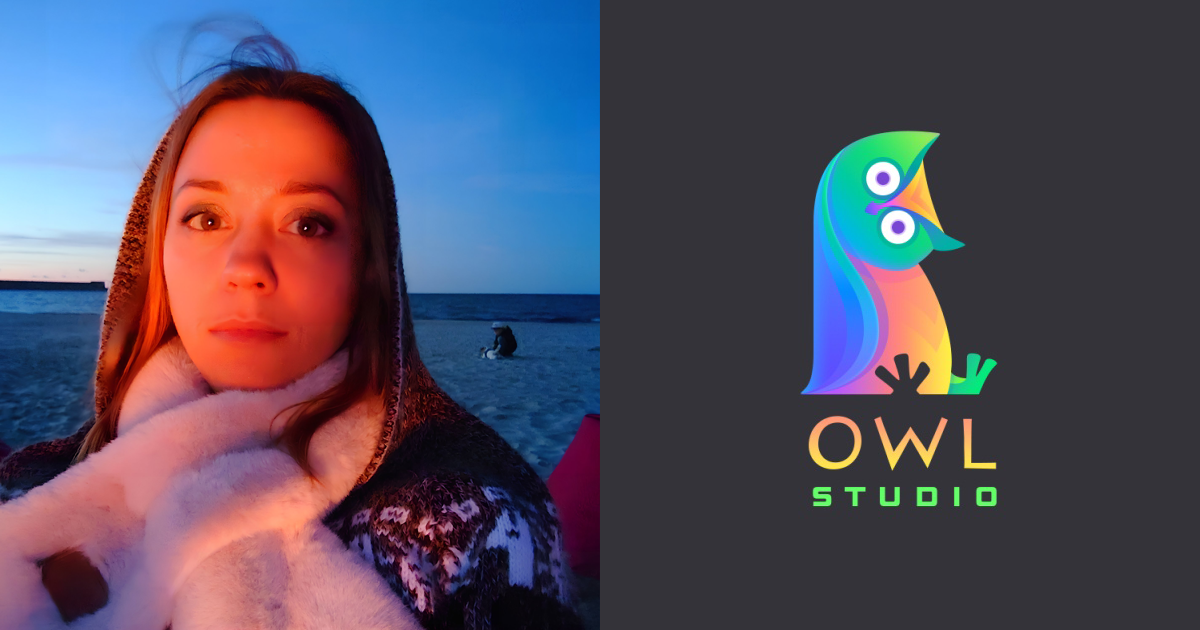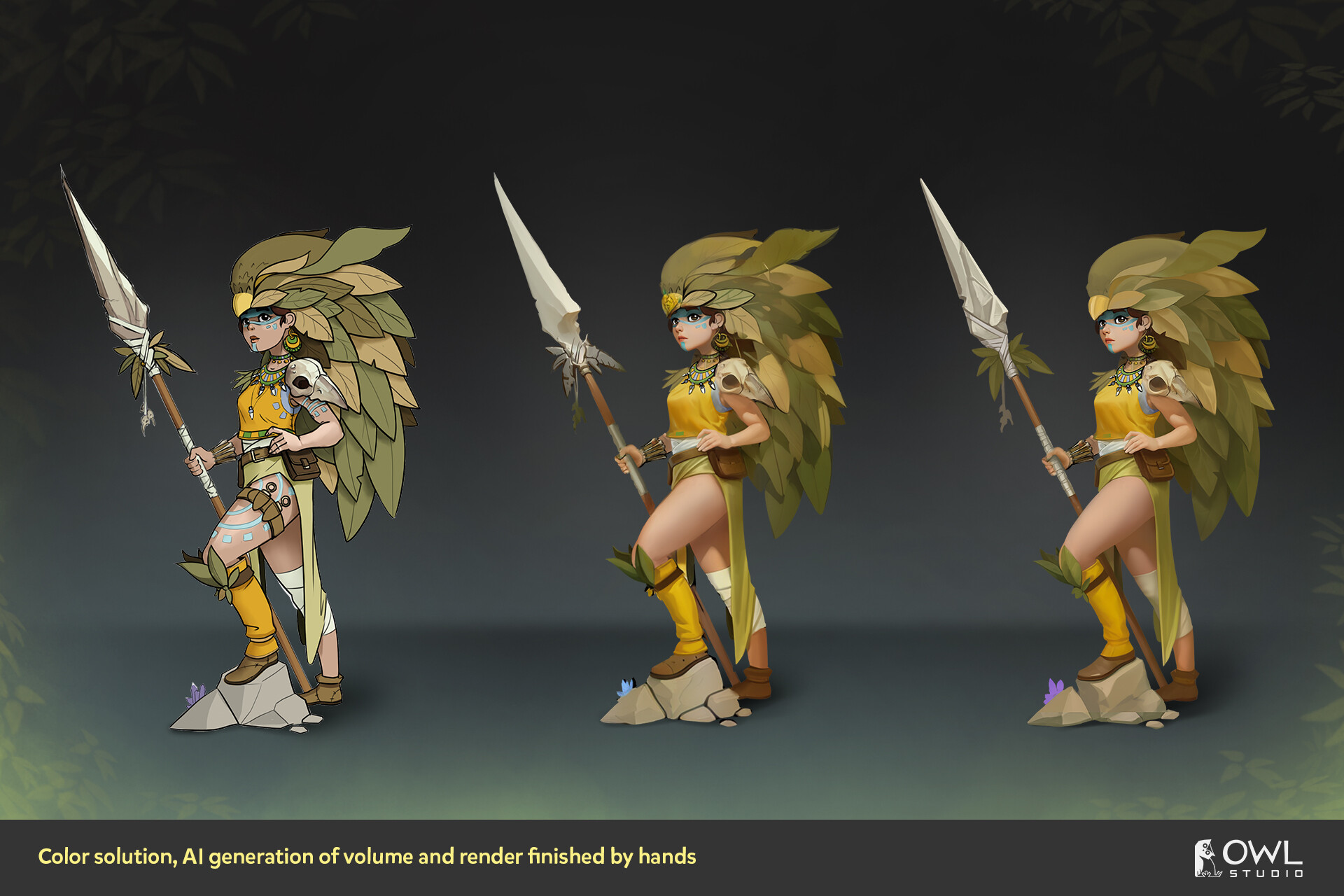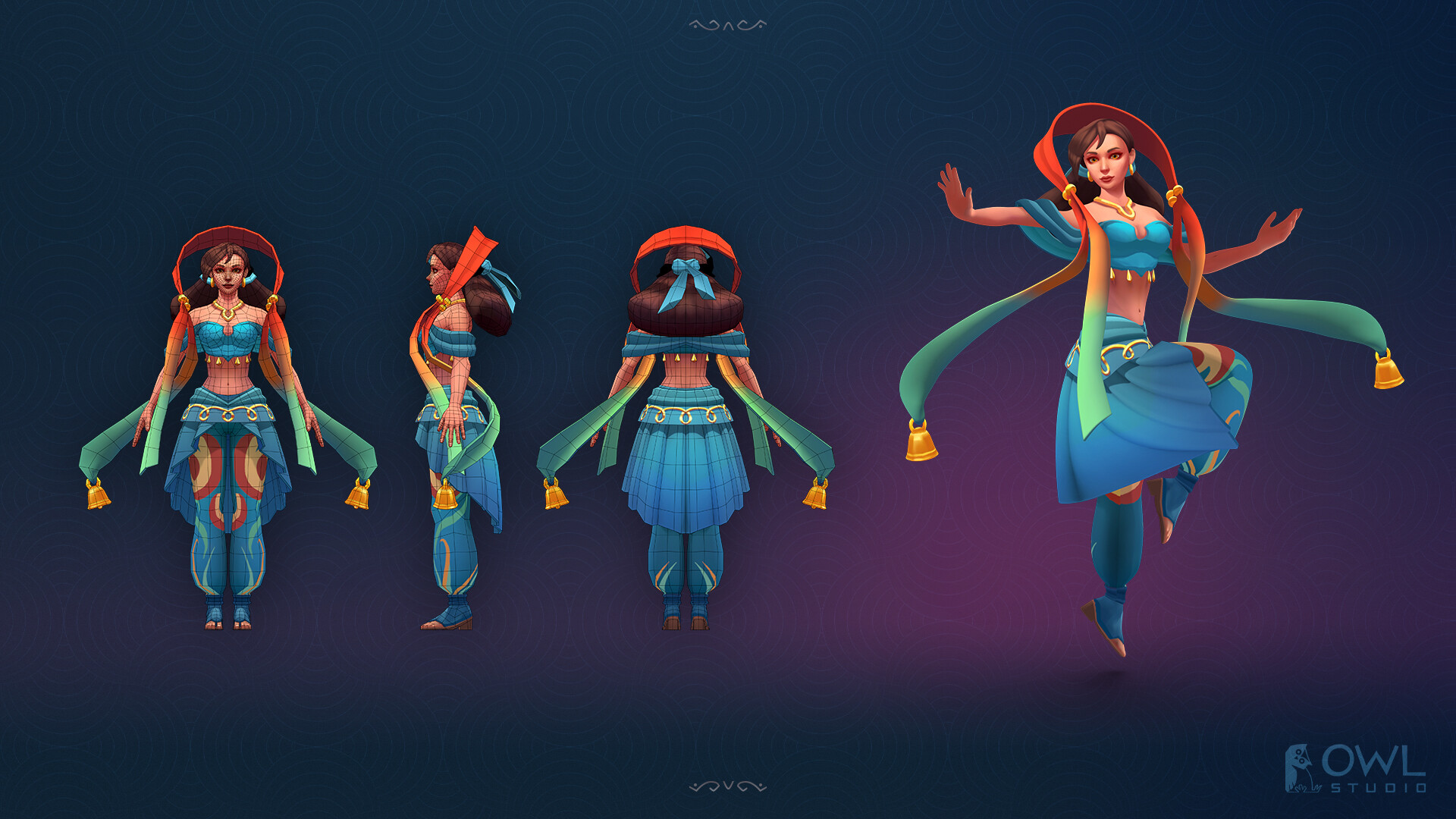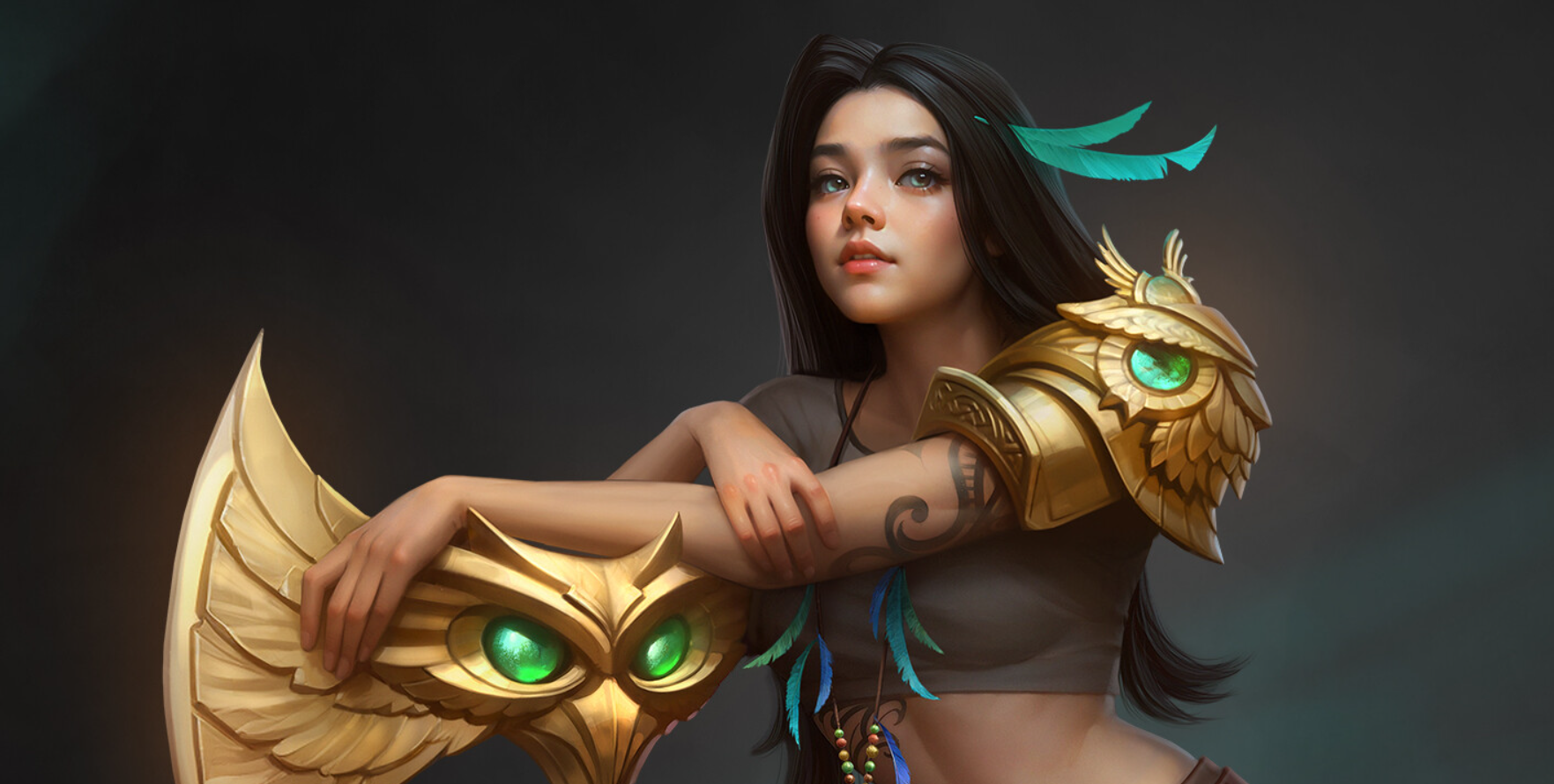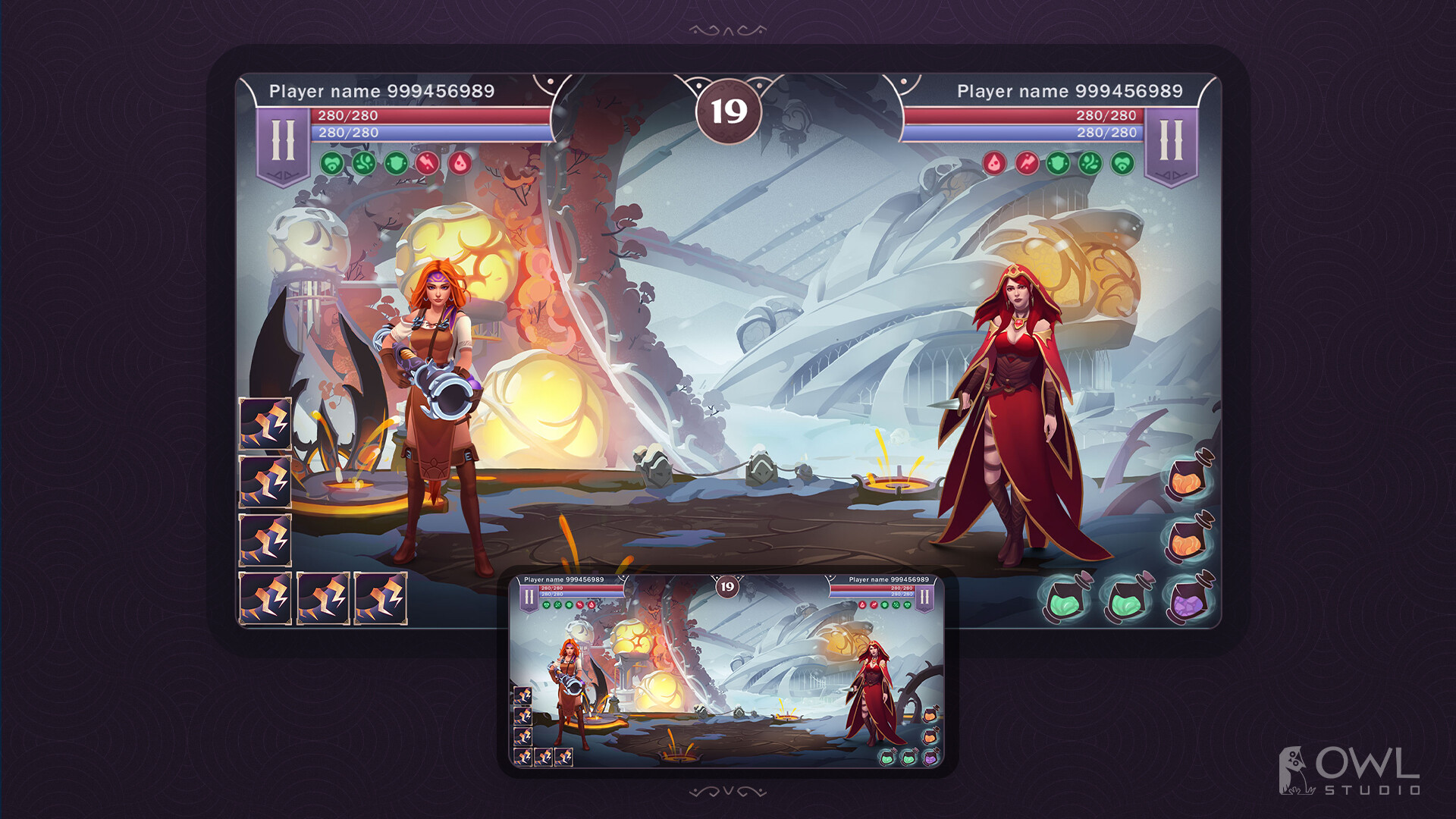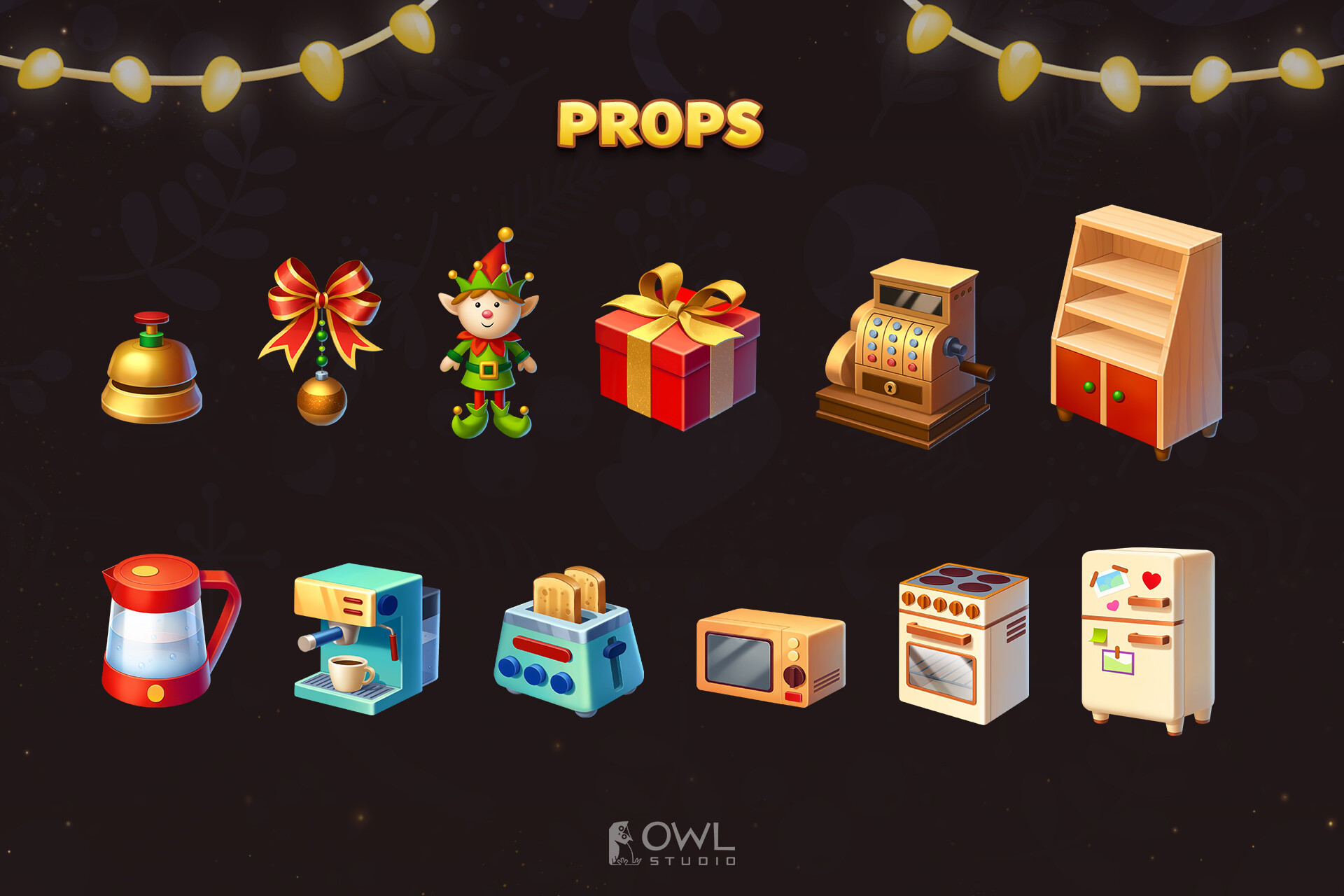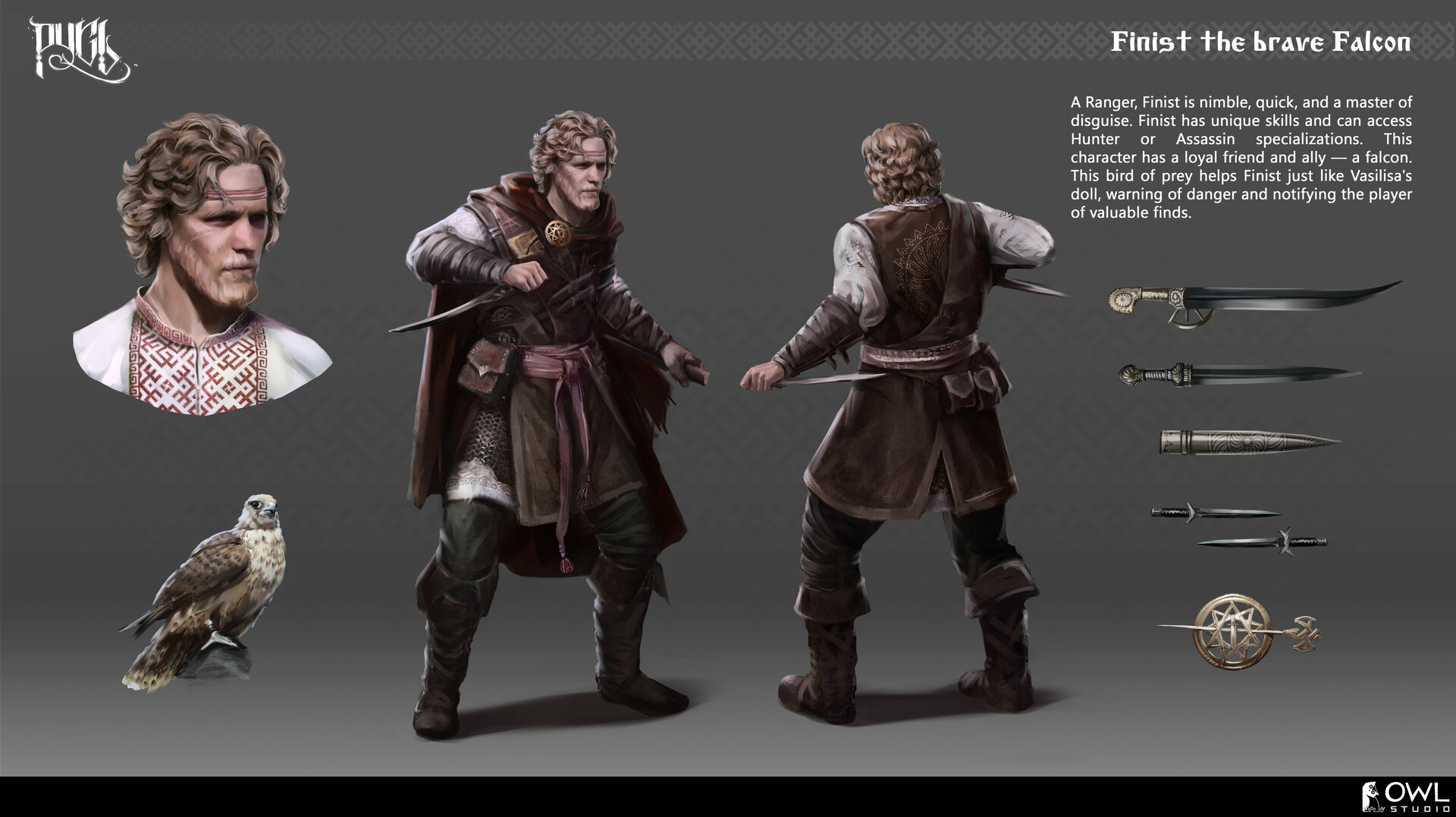"Developers began to carefully consider budgets and more often choose the way to build an inhouse team," Vera Velichko from OWL studio on the results of 2023
This Thursday evening, we continue to summarize the results of 2023 with gaming (or related to the gaming industry) teams. Next up is an interview with Vera Velichko, CEO of the outsourcing company OWL studio.
What was the year like for the company? What have you done, implemented, and what would you like to highlight in terms of achievements?
Slepakov had this song: "It was a difficult year. It was heavier than that ..." This song caused me a stormy reaction back in 2019, and since then every year it has not lost its relevance.
In general, there are many changes, working conditions have become more demanding of our professionalism. We have to rethink sales tools, monetization models, and management. But I think we're doing great.
This year we took a very important step for the team and the studio: we conducted extensive internal and external research, created an initiative group and formulated the company's brand code: the basis of our culture, our product and mission in the market. Based on the results of this work, we are redesigning our face, trying to update the brand without losing authenticity.
Of course, AI has been introduced into pipelines (I think it is impossible not to implement them, they are being implemented themselves). Some of our clients were delighted with some improvements and acceleration of work, while others flatly refused to include AI in their processes (for obvious reasons). There is still no clear answer to the question of copyright.
But we have developed several pipelines for the most popular types of graphics and keep them ready.
The ArtNest School of CG Artists, which has been operating at the studio since 2016, this year acquired several new teachers, leading Owl Studio artists, including a new course on game interfaces.
We are actively developing a communication and advertising network on the Internet. To be honest, we have never been so active on social media. At the moment, the main points of focus of our attention are ArtStation and Linkedin.
How has the gaming outsourcing market changed over the year?
I'm reading Dan Kennedy's book "Hard Selling" right now. At the beginning, he writes about the economic crisis of 2008. Describes the state of the market at the beginning of the crisis and what happened afterwards, but I think I've already seen it somewhere…
You see, what a deal, it used to grow all by itself around us. OWL studio has never had to bother with advertising. For example, you go into the industry, show beautiful pictures, read reports, and then you only know how to process the leads on time. I even learned the word "lead" only in the fifth year of the studio's existence.
And that's it, the time of the blue ocean is over... the gaming industry is smoothly entering the same historical period in its development, which has already been visited by a huge number of other markets. Competition grows along with risks, the weight of decisions becomes higher, companies without a sufficient margin of safety collapse every day. Now, in order to stay in the market, you need to know who you are and why you came here.
This year I took a b2b sales course, together with the sales department I turned the advertising cabinets upside down in an attempt to figure out how this magical thing works. We lifted the Linkedin page from our knees, learned the ArtStation algorithms, and began active research in various fields.
I've often heard the phrase "the gaming outsourcing market is dead" lately.
I wouldn't say that. I just moved from the casual level to the hardcore one.
I cannot yet say exactly how the situation has changed and how outsourcing companies need to change in order to hold on: this question is in our own research process.
There are feelings that I trust, but there is no specific picture yet. But I am sure that no matter how many perturbations occur in the market, the history of "remote development" will not go away, this is a standard business model that exists, in my opinion, in all areas. But in order to stay in it now, flexible, attentive work with each client is required.
Has the practice of working with customers, their requirements, approaches, and expectations changed?
They began to bargain more. But in general, little has changed. Some genres are becoming less popular, some are more common. For us, as artists, there is no critical difference what to draw. Some game mechanics have special "chips" when working with graphics (the same merge lines, for example, there are many nuances there, we have done quite a lot of such graphics over the previous couple of years), but with good general training they can be sorted out pretty quickly.
Among the ranks of young professionals who dream of taking a place in the sun of the gaming industry, panic continues regarding artificial intelligence and whether jobs will remain for people, but the emergence of AI has made minimal changes in our current work with clients. Yes, some of the work is done with the participation of AI, but, according to our observations, these are about the tasks that previously had to be abandoned in order not to inflate budgets for the schedule. I think the most noticeable change in the balance occurred at the level of indie games, where there were no high graphics requirements, but in the sector in which OWL Studio operates, the situation has not changed significantly.
But it became possible to quickly cut fake shots and test various stylizations.
Now we are increasingly hearing that companies prefer to keep inhouse teams. I talked with some colleagues, producers and project managers about how profitable such a story really is, how things are with the price/time/quality difference when working with outsourcing and with an internal team, and in general they confirmed my thoughts on this matter.
"To quickly outsource at exorbitant prices so as not to waste time looking for hoods" — such an argument now almost does not work. The developers began to carefully count the budgets. The obvious difference in the cost of an hour of work by a private artist and an outsourced studio makes them choose the path of building an inhouse team more often.
We are waiting for the practice of careful budget analysis to be sufficient to show the real ratio of the cost of internal and external development, which does not always turn out to be in favor of inhouse teams.
Working within the framework of strict binding of costs to the cost of contracts is very disciplined, we constantly analyze indicators and optimize processes. And now the load on the sold hour varies from x1.3 to x2 actual hours of work in relation to the sold, plus compensation for vacations, sick days, downtime, plus administrative staff.
In those days, when the level of organization of our processes corresponded to the average level of organization of the work of the inhouse department of a full-cycle company, the real speed of work could be x3-x4 from the declared one. We can say that we make our money on internal management and discipline — this is the main multiplier of possible income. So, if an artist wants, say, 10 piastres per hour, then in fact for an employer it may already be 40 piastres per hour, excluding taxes, downtime, vacations and the cost of administrative apparatus, software, offices and everything else.
But when the head of an outsourcing company says this, it can be perceived as "sales sales". It's better to wait until the developers talk about it.…
What are the company's plans for next year?
We are currently actively engaged in internal projects. I finally want to touch the water of my own game development with my foot, but immerse myself in it properly. We now have an unpublished match-3 with cool art, but unfinished mechanics (Marcheology), there is a hardcore strategy-battler, which we have been slowly sawing for several years (Maoru), there is an art project "Rus", which we started in 2019 (now we are considering the possibility of working together on it).
We are actively developing our school, we plan to supplement the program with courses in 3D, AI, as well as a new course with the working title "Art Reboot — relaunch of inspiration". This is something like psychological training for creative people of all directions: establishing contact with their own muse, searching and resolving "art blocks", the skill of careful self-discipline so as not to impale themselves (which is always fruitless at best, and temporary at worst, but the price for this is "temporary" disproportionate it is great), and negotiate with yourself in a constructive way.
As for outsourcing, we will keep our noses to the wind and look for new opportunities, and then time will tell.
Happy holidays to all of you! Take care of yourself.
